Project currently in concept state.
Here are design thoughts:
- Provide some type A female ports to allow flexibility in which things can be connected
- Repurpose old USB/Lightning/Barrel Jack cables to provide a hardwired connection
- LED to show what port is selected / charging.
- Dev board with integrated screen and buttons for user interface
- Monitor current to each thing over time, detect and report abnormalities
- Prevent discharge of thing back into charger
- Evaluate input power requirements, support wider DC range or just a 5V input.
This project address the effort required to keep multiple devices ready for use in an emergency (as well as items not used on a daily basis). The battery pack jump starter sitting on a shelf in the garage unplugged won't be ready to use when the battery in your car is flat. Keeping it plugged in 24/7 to a charger adds an unnecessary vampire load to your electric usage. This project will provide a device that efficiently maintains the battery charge on multiple devices while minimizing effort and power usage to do so.
While basic functionality can be provided without internet connection, a connection would allow for reminders to be sent when an emergency device has been unplugged for a prolonged period or is taking higher than baseline current to recharge. This would address forgetting to return a device to the charger after use, for instance the half charged power banks a suitcase.
A wall mounted device is envisioned with usb ports and/or cables along the bottom face of the case. A status LED will be provided for each port/cable. This will allow the device to be mounted at the back of a shelf with all of the things being charged sitting on the shelf. An ESP32 based dev board with integral LCD seems like a good choice for the project. Arduino framework will be used to program the ESP32, the custom code will be released under MIT License. KiCad will be used for PCB design and design files released under CERN OHL.
 mulcmu
mulcmu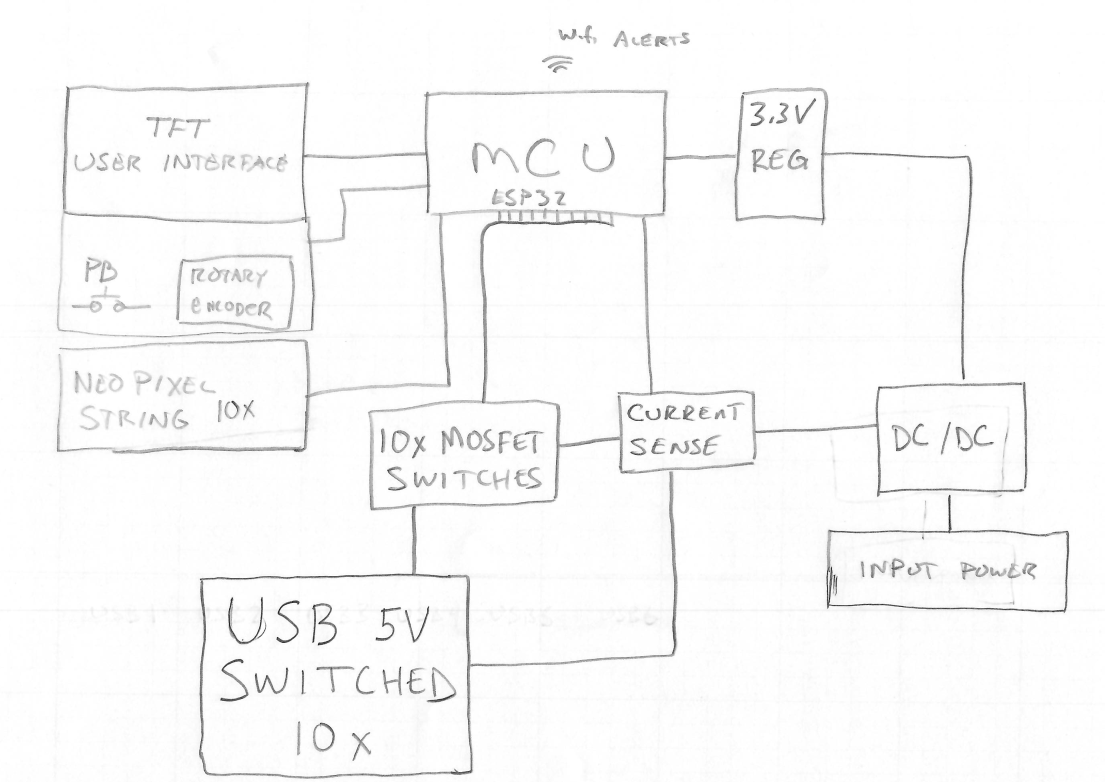
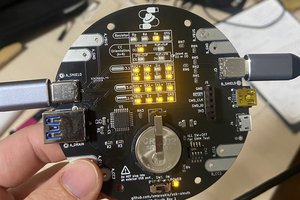
 Spencer Maroukis
Spencer Maroukis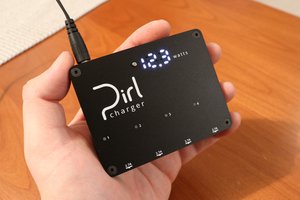
 Meta Unknown
Meta Unknown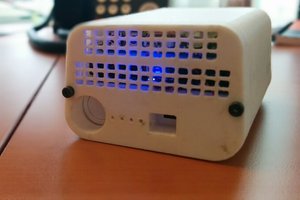
 Guus van der Sluijs
Guus van der Sluijs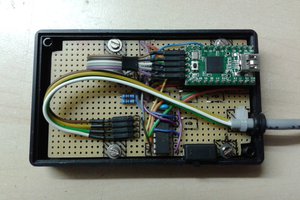
 Christoph
Christoph